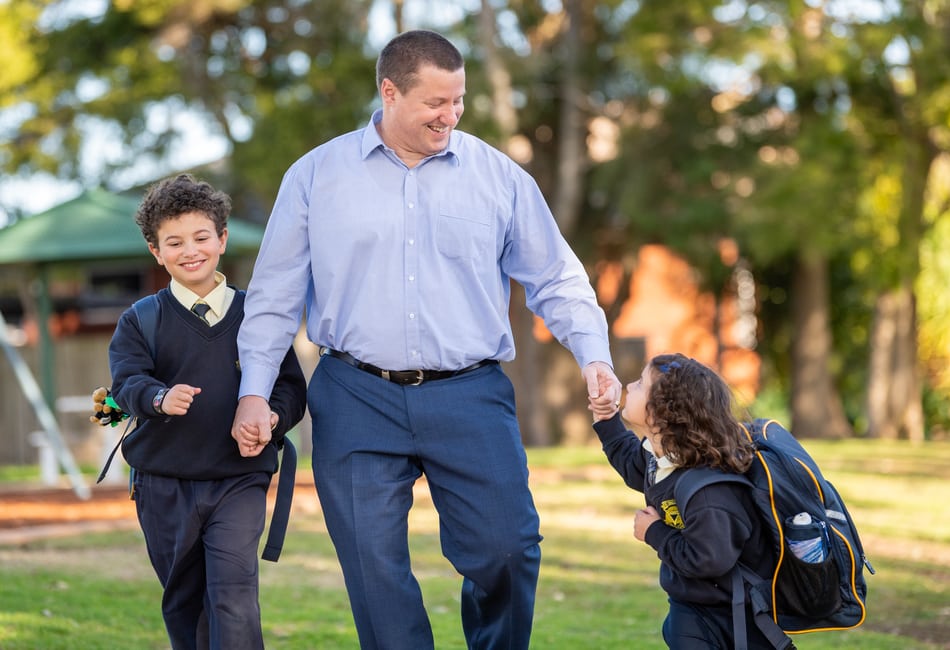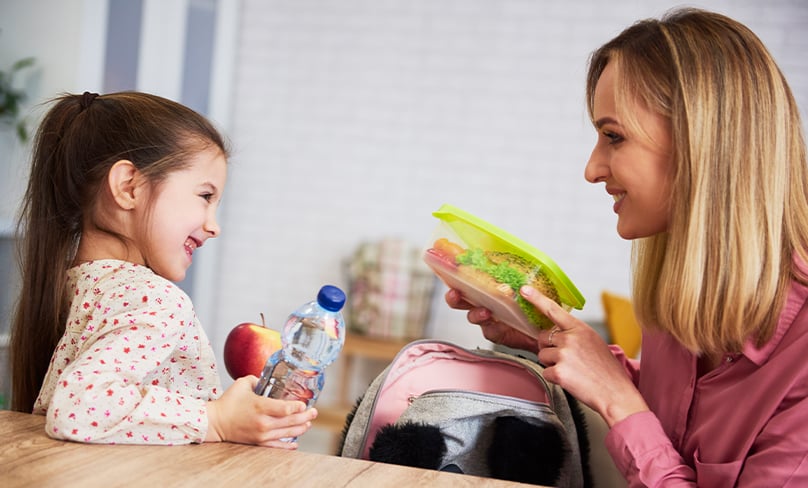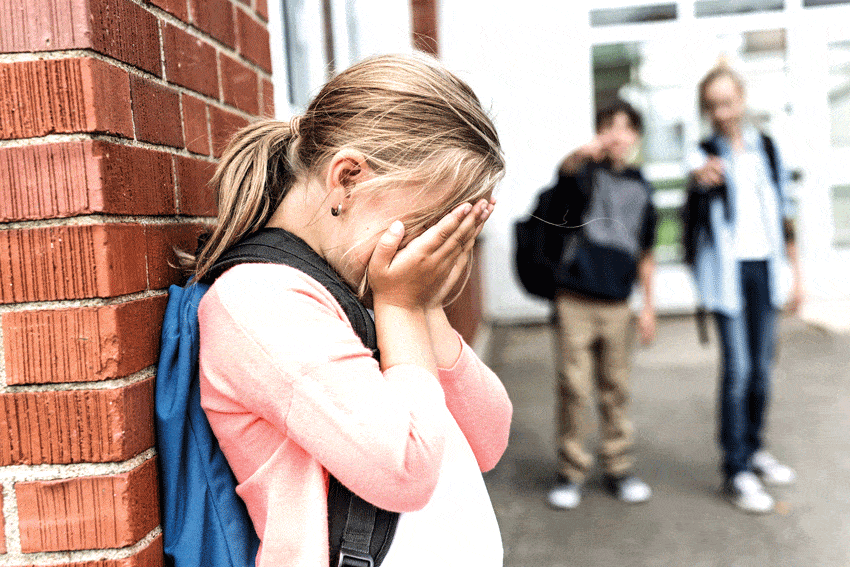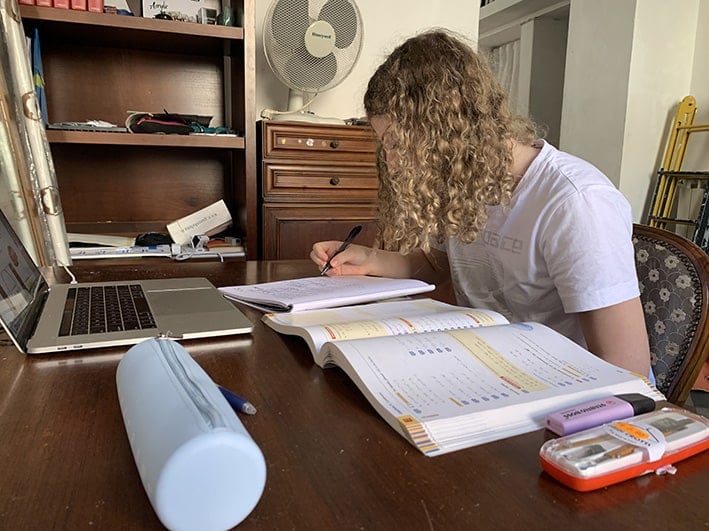
Heading back to the classroom can present many challenges for parents and children.
Parents have reported that learning from home has given their child the opportunity to work at their own pace while many have also benefitted from the 1:1 support which has helped with learning.
The shorter school day and flexibility for rest breaks has also meant that fatigue has been less of an issue.
In addition, anxiety has improved for some children as a result of these factors. Given this, it is no wonder that returning to school comes with a mix of relief and excitement along with a new set of stresses for children and parents.
Here’s some tips on settling your child back into school as seamlessly as possible.
Re-establish normal routines in the lead up to school
- The week before: Return children to their usual wake up and bedtime routines, as well as breakfast and morning snack/lunch.
- The day before: Involve your child in packing their bag and preparing their uniform – this leaves you plenty of time to notice if anything is forgotten.
- The morning of: Allow more time than usual to get ready

Reassure your child that it is safe to go to school
Many parents had conversations with their children about the importance of learning from home to keep them healthy and safe. Some children may now worry about the safety of returning to school.
To help your child feel safe, have a conversation with them explaining that:
- The decision to return to school is based on medical advice
- Everyone at school is working hard to make sure that children are safe
- Anyone who is unwell will stay at home
- The government is keeping an eye on things – if it starts to be unsafe, decisions about what to do will be made
- Reassure your child that it is normal to have mixed emotions such as excitement, relief, worry and anger
- Discuss what they are looking forward to and what they are worrying about
- Reinforce good hygiene practices

After school, it will be important to:
- Talk to your child about their day, including what they enjoyed, what they felt worried about and what they are looking forward to tomorrow
- Schedule extra family time as your child is likely to have missed being at home with you
- Your child may feel more fatigued and will benefit from quiet activities to recharge.
Prepare your child for changes to usual school processes
Your school may have made changes to their normal processes which they will communicate with you. To help prepare your child:
- Talk to your child about upcoming changes – the more they understand the changes, the more comfortable they are likely to feel about them
- Write social stories with your child about changes to routine
- See if there are any strategies that home learning enabled that you might be able to take to the classroom
- Ask your child what will make their transition back to school easier and see if this can be accommodated by your child’s teacher, for example, knowing the class seating plan or the first activity of the day may help.
Some schools may not allow parents to walk children to their classroom which may make it harder for some children to separate from them. Prepare your child for this by:
- Discussing what might be different about the drop off and pick up procedures and how you will manage it as a family
- Talk through the new procedure and role play or write social stories
- Reassure your child that there will be plenty of staff to help take them to their classrooms
- Ask your child if there is anything that will make this easier for them, such as arriving to school with a buddy or taking a special item that helps them feel ‘brave’.

Returning to school before siblings
Younger children returning to school earlier than other family members may feel disappointed that their siblings are continuing with home learning or may feel disconnected from the family. You can help your child by:
- Reassuring them that is ok to feel disappointed
- Explaining that all children will be returning to school soon
- Allowing your child to pick a fun activity to complete when they get home from school so that they have something to look forward to
- Avoid scheduling any ‘fun’ activities with other family members or friends whilst your child is at school.
Source: psychology.org.au
